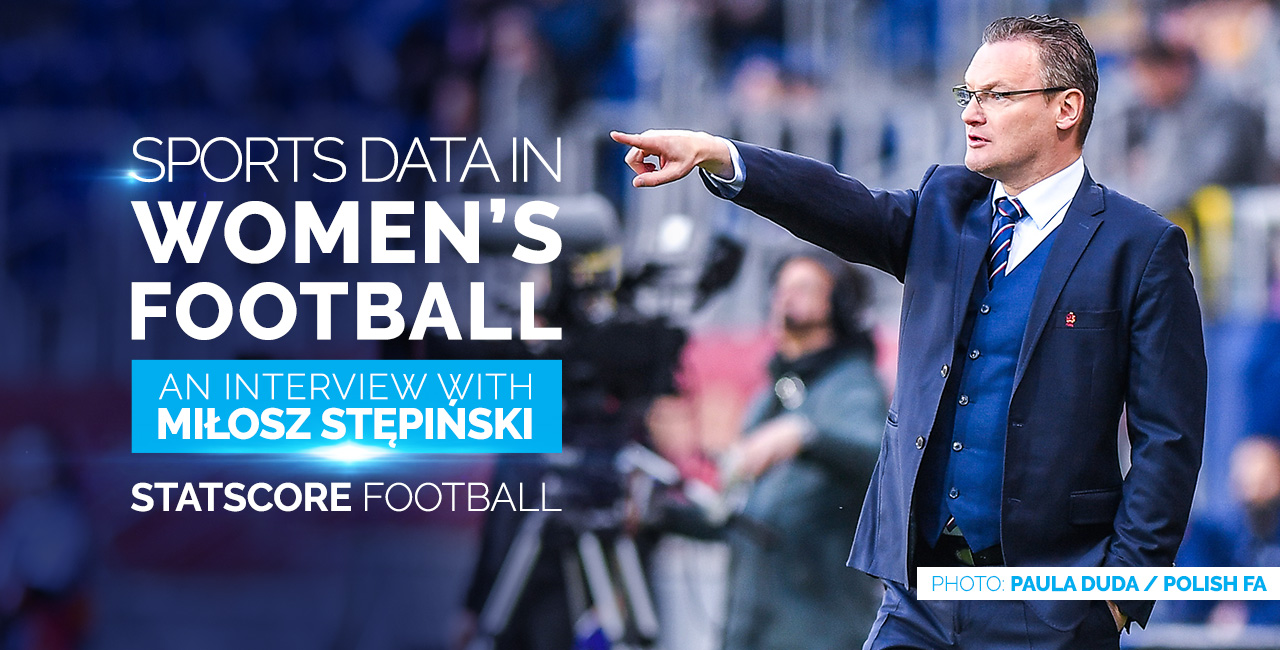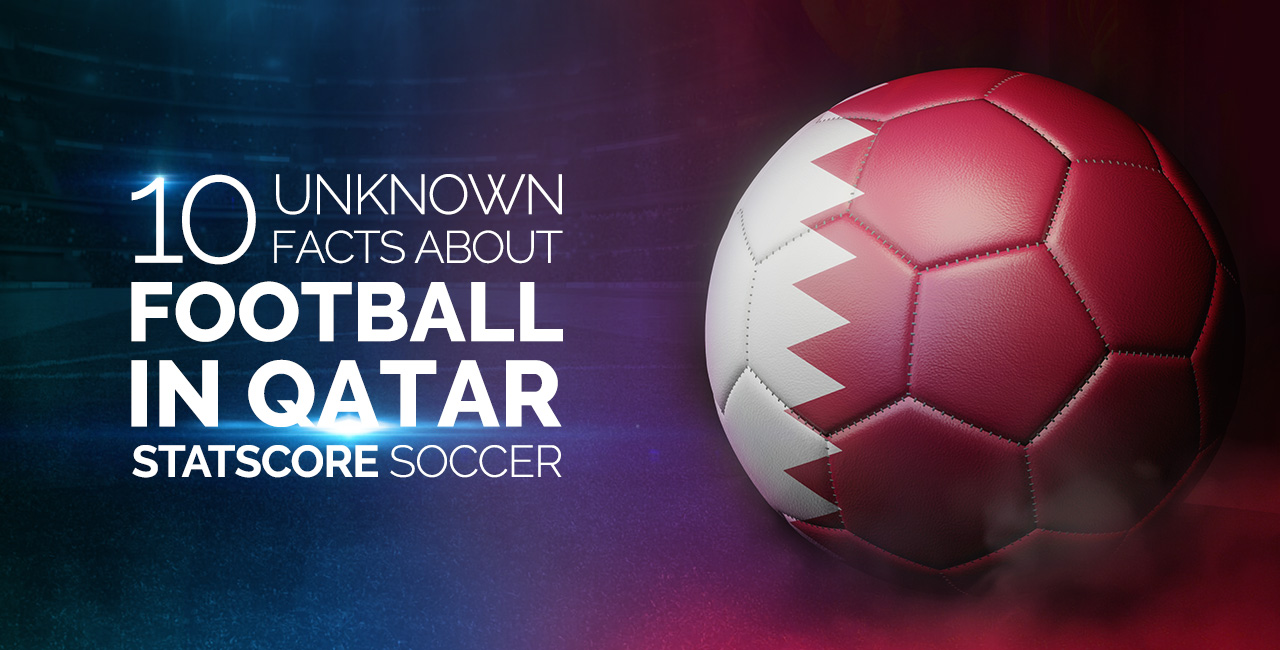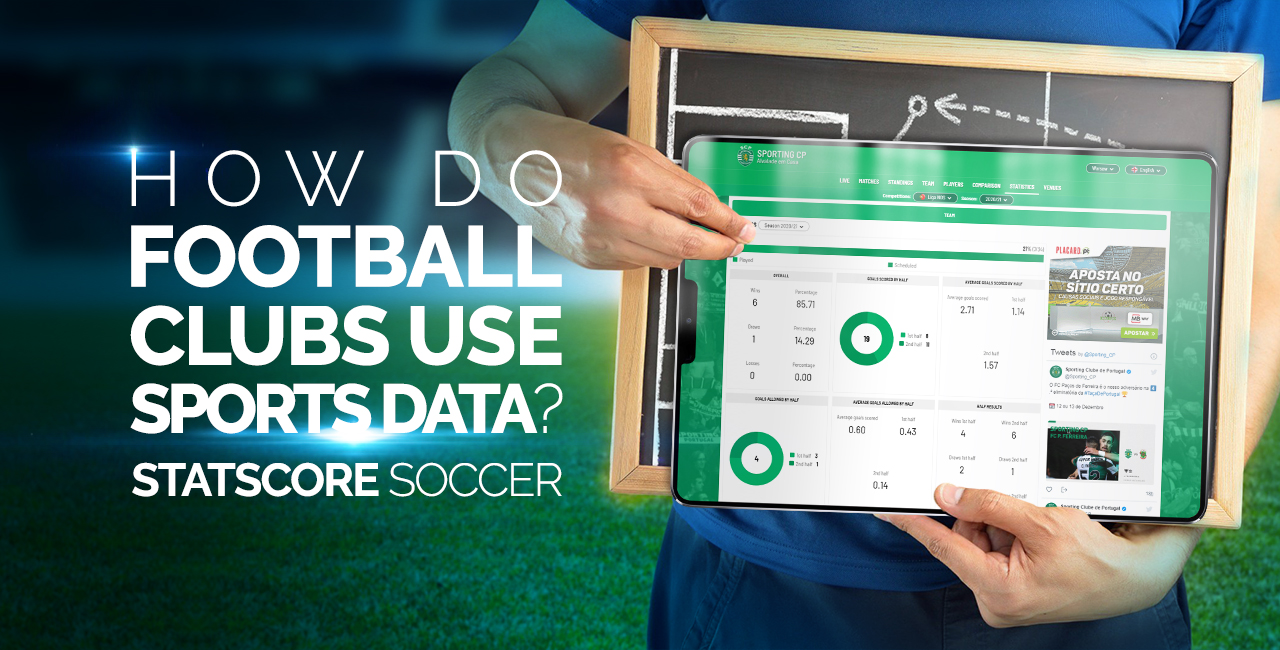It’s impossible to imagine today’s sports without data analysis and statistics. What role do they play in women’s football? Let’s take a closer look with Miłosz Stępiński, the head coach of Poland women’s national football team.
Miłosz Stępiński tells us about his attitude towards data and statistics in sports, and the developments in women’s football.
– What role do sports statistics play in your work, and how has that role been changing over the years?
– I had started using sports data when I worked for football clubs, and then kept employing it when working with the national teams. We’ve always had access to that kind of digital data, which has been helping us to see some tendencies in our games. I’ve always seen the data as one of many parts of knowledge that I’ve been using in my work. Of course, I haven’t been analysing all the data I’ve had. Instead, I’ve been trying to single out the key numbers and to draw conclusions on their basis. It’s crucial to know what data you need, and to concentrate on the most important parts of it. Interpretation of the data is the key here.
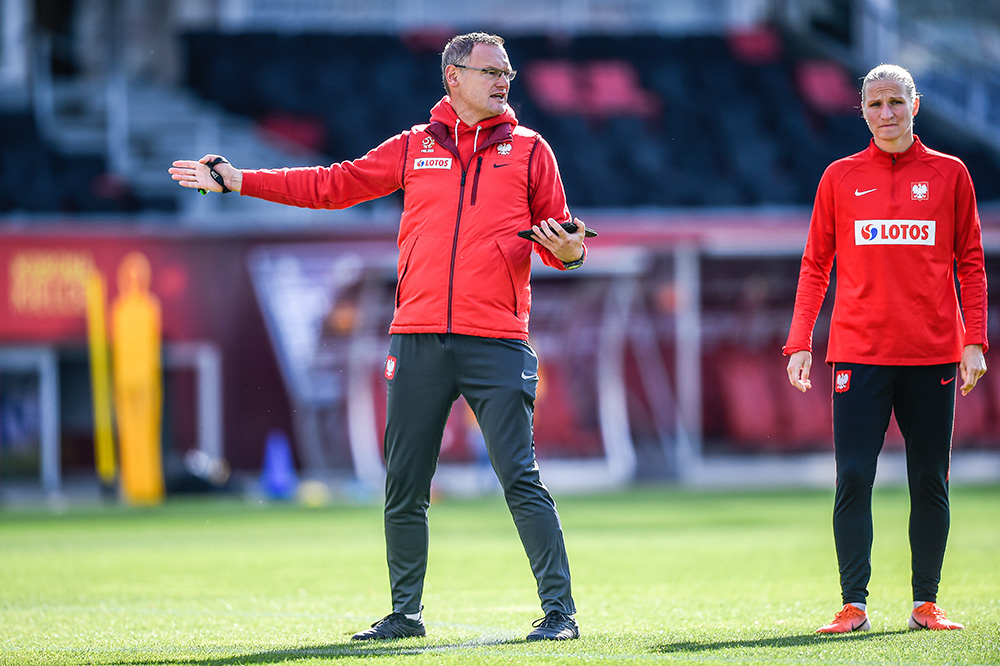
Photo: Paula Duda / Polish FA
– Interpreting the data in ways that make it useful for the team is what sports analysts do. Can you tell us more about the aspects of data that you find useful to analyse?
– Well, as we know, there are multiple types of data. I’ve been using some of them as a complementary part of my work as a coach. So, for example, if there’s a penalty kick, we can analyse some trends, like for example, which players shoot at which parts of the goal. Similarly, we can analyse the ways in which our rivals pass the ball, or how they organize their attacks. These types of data provide important hints for our players.
I also think that packing [statistics that measure how much you outplay your opponents in a single game] is a very interesting trend in sports data. It provides a new look at the data and allows us to look at what’s happening on the field in a completely fresh way.
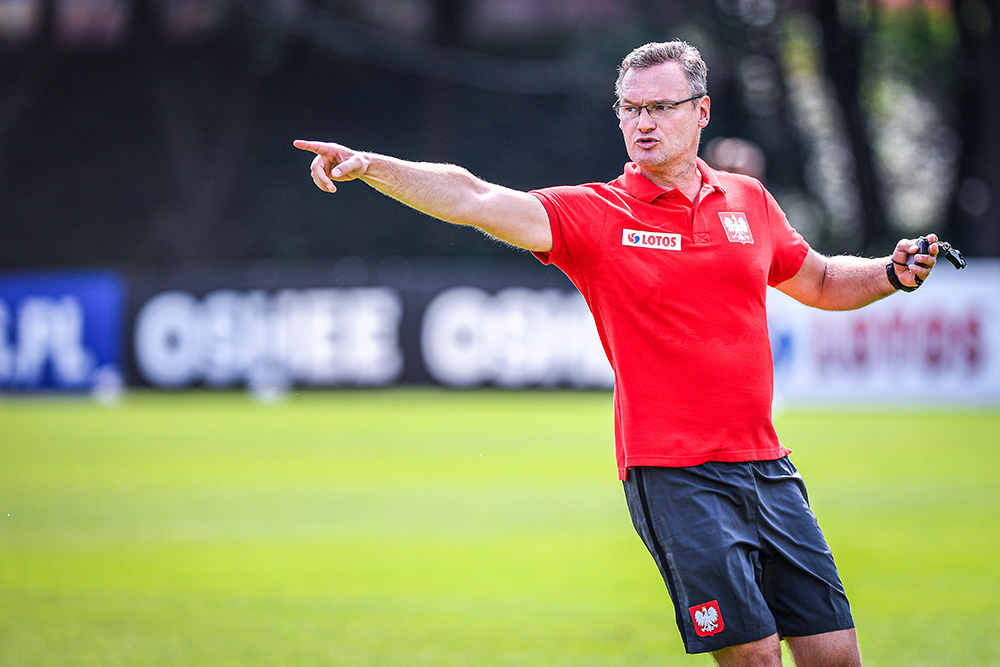
Photo: Paula Duda / Polish FA
– Are there any specific types of data that are especially important for women’s football?
– Of course, there are differences between women’s and men’s statistics when it comes to the purely physical aspect of the game, such as the distance covered during a game. We are able to access thousands of pieces of data thanks to the services of Catapult, but we’re focusing on the five most important metrics for players. We always have team reports and individual reports after our games, which are shared with players to help them learn something more about their performance, but I always insist that this kind of data should not be treated as the only basis for the decisions we’re making. We’re focusing on the most important data, and not on all kinds of data that we’ve got available.
– Do you think that sports data analysis will be developed in ways that will allow coaches to build a more comprehensive and realistic view of the game?
– Packing is the best example here, which is a completely new attitude for the data. Of course, we’ve been measuring everything that’s happening on the field, distances covered by players, etc. But new ways of dealing with the data will surely be worked out. Soon, we might be trying to build predictive models to analyse what specific players may do next in the game, what could be their next move. Such projects will surely be popping up. The question is whether they will be successful enough to become widely accepted.
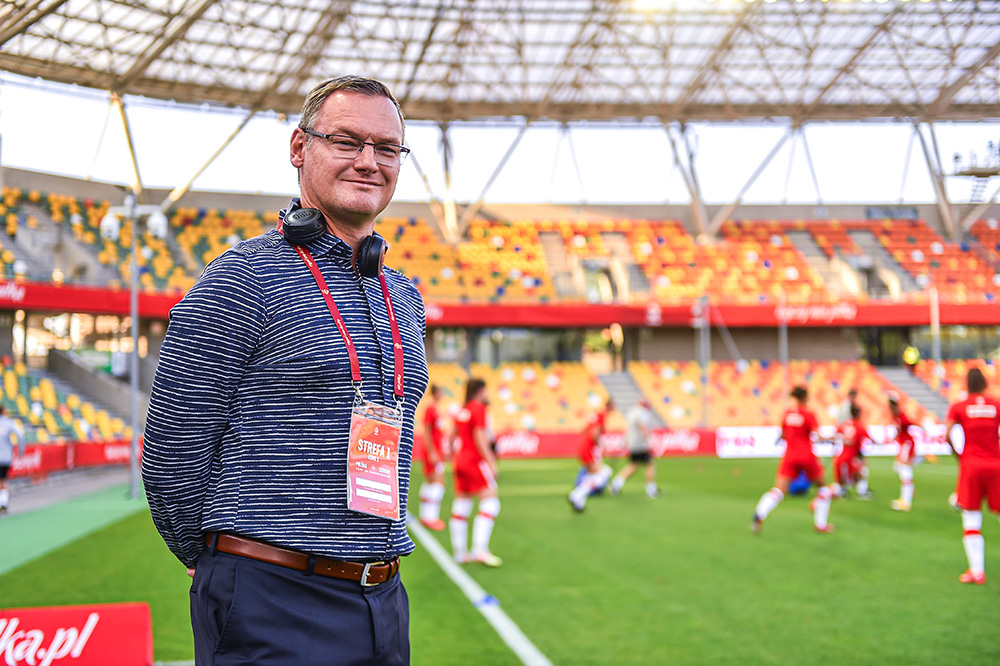
Photo: Paula Duda / Polish FA
– What do you think are the perspectives for women’s football in Poland in the coming years?
– When it comes to Polish women’s football, a lot depends on how it will be developing on the club level. In the Polish Football Association’s strategy for the development of women’s football, a lot of financing is provided for the national teams. As a head coach of the national team, I’m pleased to see that resources are provided not just for the A team, but also for the youth teams. Then, there’s the other branch of the process, namely the clubs, which are also provided with financial support by the Polish FA for their participation in competitions and various achievements. So, there has been a constant flow of money to the clubs since Zbigniew Boniek [head of the Polish Football Association] approved this strategy. The question here is how the clubs are going to use that money, and what effects will it bring. A lot depends on how specific clubs are dealing with the players, and how they are helping them to develop and grow. Of course, the national federation is here to help and support the clubs and players through various activities and initiatives directed towards their development. But at the end of the day, many crucial decisions are made by the clubs, so they’re playing a very important role in the development of women’s football in Poland.
Find out more!
STATSCORE is the official sports data provider for numerous sports competitions, including Polish Women Ekstraliga. If you want to learn more about how STATSCORE supports sports organisations, drop us a message at cst@statscore.com or let’s talk on LiveChat!
You can also sign up for our weekly BETTING INDUSTRY REVIEW to stay updated with the latest trends and key developments in the world of sports data and betting. Just fill the form below.
PROCESSING OF THE DATA
Pursuant to Article 13.1–13.2 of Regulation (EU) 2016/679 of the European Parliament and of the Council of 27 April 2016 on the protection of natural persons with regard to the processing of personal data and on the free movement of such data, and repealing Directive 95/46/EC (“GDPR”), we would like to inform you as follows:
1) STATSCORE Sp. z o.o. with its registered office in Katowice 40-012 at ul. Dworcowa 2 is the controller of your personal data.
2) Your personal data will be processed for the purposes of the product trial process – in accordance with Article 6.1(a)–(b) of the GDPR.
3) Furnishing the personal data requested by STATSCORE about yourself is voluntary.
4) Your personal data will be retained for the duration of the Product development term but for no less than the retention period required under the law.
5) Your personal data will not be subject to automated decision-making or profiling.
6) You have the right to access the personal data held about you and to have your data rectified or erased or to restrict or to object to the processing as well as the right to data portability. If your personal data is processed under Article 6.1(a) of the GDPR (i.e. processed on the basis of the consent you have given to the processing), you may withdraw your consent at any time without any impact on the lawfulness of the processing carried out before your consent was withdrawn.
7) You may lodge a complaint in respect of the processing of the above data to the President of the Office for Personal Data Protection (PUODO).

